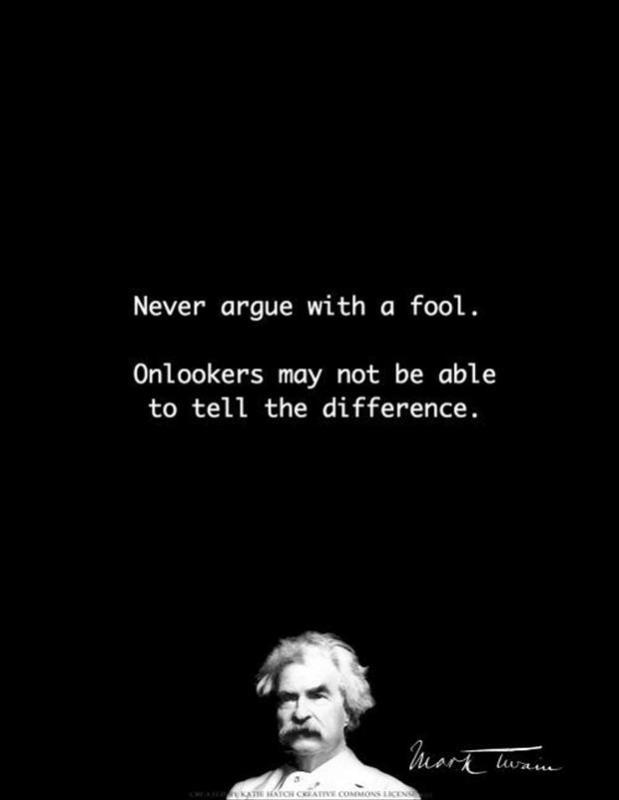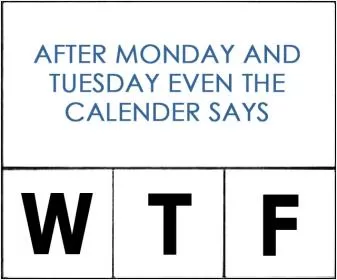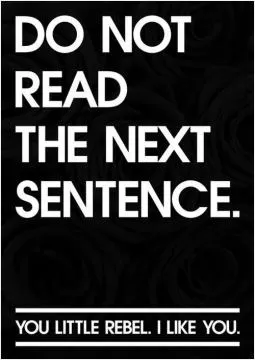Never argue with a fool. Onlookers may not be able to tell the difference

Never argue with a fool. Onlookers may not be able to tell the difference
In the realm of communication, there is a saying that goes, “Never argue with a fool. Onlookers may not be able to tell the difference.” This statement holds a lot of truth, especially when it comes to engaging in debates or discussions with individuals who lack logic, reason, or intelligence. These individuals, often referred to as fools, can be frustrating to interact with because they tend to rely on fallacious arguments, misinformation, or personal attacks rather than facts and evidence.Fool words are those spoken by individuals who lack critical thinking skills, emotional intelligence, or the ability to engage in constructive dialogue. These words can be harmful, misleading, or simply nonsensical, and engaging with them can be a waste of time and energy. When we argue with a fool, we risk getting caught up in their irrationality and losing sight of the truth. Onlookers, who may not be able to discern the difference between valid arguments and foolish statements, can be swayed by the fool's persuasive tactics or emotional appeals.
It is important to recognize when we are dealing with a fool and to choose our words and actions carefully in response. Instead of engaging in a futile argument, it may be more productive to disengage, ignore, or redirect the conversation towards more meaningful topics. By refusing to participate in a battle of wits with someone who is unarmed, we can avoid getting drawn into a downward spiral of negativity and confusion.
In some cases, it may be necessary to confront fool words and challenge them with reason and evidence. However, it is important to do so in a respectful and constructive manner, focusing on the issues at hand rather than attacking the individual. By maintaining our composure and sticking to the facts, we can demonstrate to onlookers that we are the voice of reason in a sea of foolishness.












 Friendship Quotes
Friendship Quotes Love Quotes
Love Quotes Life Quotes
Life Quotes Funny Quotes
Funny Quotes Motivational Quotes
Motivational Quotes Inspirational Quotes
Inspirational Quotes